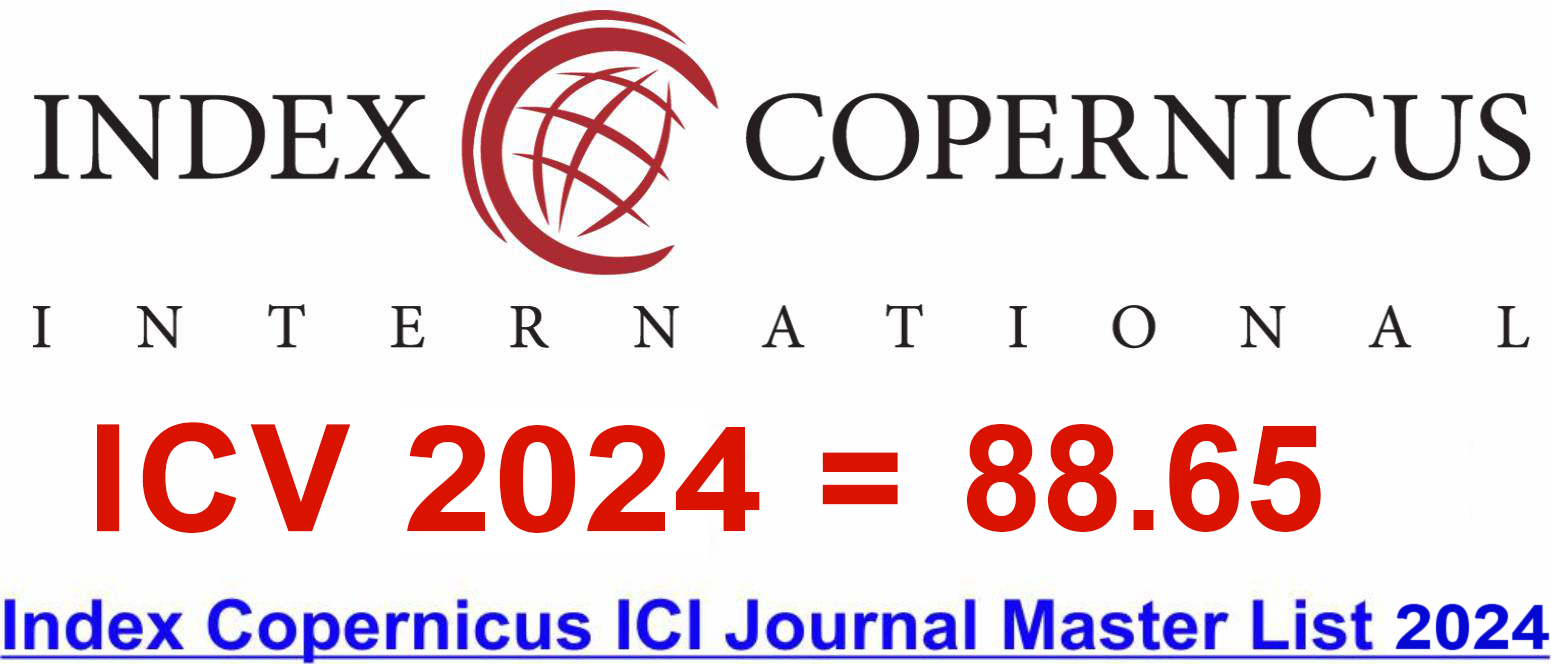Abstract
In the evolving landscape of corporate responsibility, the role of Human Resources (HR) in promoting organizational sustainability has gained significant attention. This paper explores how HR functions can be strategically aligned with sustainability goals through the implementation of employee well-being programs. These programs—ranging from mental health support and flexible work arrangements to ergonomic workspaces and green commuting incentives—serve as vital tools not only for enhancing employee satisfaction and productivity but also for contributing to broader environmental and social objectives. A sustainable organization recognises its workforce as a critical stakeholder in achieving long-term goals. By integrating well-being initiatives into corporate sustainability strategies, HR can foster a culture of health, resilience, and inclusivity. This paper examines real-world case studies and surveys to demonstrate that organizations investing in holistic well-being report improved employee retention, enhanced brand reputation, and greater compliance with Environmental, Social, and Governance (ESG) standards. Moreover, the study highlights the feedback loop between sustainable HR practices and business performance, indicating that employee-centric sustainability initiatives often lead to greater innovation and reduced operational risks. The research underscores the importance of reimagining HR not merely as an administrative function, but as a proactive driver of sustainable transformation. Ultimately, the paper advocates for a shift in HR strategy—from reactive support to strategic leadership—emphasising the need for continuous measurement, employee involvement, and alignment with global sustainability frameworks such as the UN Sustainable Development Goals (SDGs).
References
- Grawitch MJ, Gottschalk M, Munz DC. The path to a healthy workplace: A critical review linking healthy workplace practices, employee well-being, and organizational improvements. Consulting Psychology Journal: Practice and Research. 2006;58(3):129–147. https://psycnet.apa.org/doi/10.1037/1065-9293.58.3.129
- Kiron D, Kruschwitz N, Haanaes K, Reeves M, Goh E. The innovation bottom line. MIT Sloan Management Review. 2013 Feb 5. [cited 2025 Jan 16]. Retrieved from: https://sloanreview.mit.edu/projects/the-innovation-bottom-line/
- Guest DE. Human resource management and employee well‐being: Towards a new analytic framework. Human resource management journal. 2017 Jan;27(1):22-38. https://doi.org/10.1111/1748-8583.12139
- Collins CJ, Smith KG. Knowledge exchange and combination: The role of human resource practices in the performance of high-technology firms. Academy of management journal. 2006 Jun 1;49(3):544-60. https://doi.org/10.5465/amj.2006.21794671
- Kumar A, Kumar M. Synergistic impact of CSR, ESG, and OHS practices on operational efficiency and economic performance in Indian organizations. International Journal of Advanced Multidisciplinary Scientific Research (IJAMSR). 2023 Dec;6(12):39–49. https://doi.org/10.31426/ijamsr.2023.6.12.6955
- Chaker B, Damak C. Developing a Strategic Framework for Aligning Human Resource Management Practices With Sustainability Goals. InIntersecting Human Resource Management and Organizational Culture for Environmental Sustainability 2024 (pp. 127-148). IGI Global. http://dx.doi.org/10.4018/979-8-3693-2699-2.ch007
- Nielsen K, Miraglia M. What works for whom in which circumstances? On the need to move beyond the ‘what works?’question in organizational intervention research. Human relations. 2017 Jan;70(1):40-62. https://doi.org/10.1177/0018726716670226
- Jiang Y, Jamil S, Zaman SI, Fatima SA. Elevating organizational effectiveness: synthesizing human resource management with sustainable performance alignment. Journal of Organizational Effectiveness: People and Performance. 2024 May 13;11(2):392-447. https://doi.org/10.1108/JOEPP-03-2023-0111
- Kongjue Z, Yuxiang Z. Ethical leadership and corporate social responsibility: a comprehensive review. International Journal of Advances in Business and Management Research (IJABMR). 2024 Mar 12;1(3):1-7.. https://doi.org/10.62674/ijabmr.2024.v1i03.001
- Bakker AB, Demerouti E, Sanz-Vergel A. Job demands–resources theory: Ten years later. Annual review of organizational psychology and organizational behavior. 2023 Jan 23;10(1):25-53. https://doi.org/10.1080/1359432X.2023.2255318
- Chadha A, Gupta A, Tewari V, Dwivedi YK. Sustainable practices: organisational citizenship behaviour and psychological contract fulfilment. Management Decision. 2025 Apr 11;63(5):1674-702. https://doi.org/10.1108/MD-08-2023-1335
- Guoqiang Z, Bhaumik A. Work-life harmony and retention of employees: a review of the impact of flexible work arrangements. International Journal of Advances in Business and Management Research (IJABMR). 2024 Dec 12;2(2):31-8. https://doi.org/10.62674/ijabmr.2024.v2i02.005
- Garcia AG. The impact of sustainable practices on employee well-being and organizational success. Brazilian Journal of Development. 2025 Mar 27;11(3):e78599. https://doi.org/10.34117/bjdv11n3-054















